FactCheck.org has released its "whoppers of 2020" on the year's political fabrications. Once again, President Trump tops the list though President-elect Biden is on it, too.
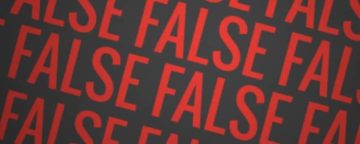

FactCheck.org has released its "whoppers of 2020" on the year's political fabrications. Once again, President Trump tops the list though President-elect Biden is on it, too.

Distinguished fellow Susan Ness, co-chair of the Transatlantic Working Group, wrote in Slate that European and American governments should work in tandem on digital platform regulation.
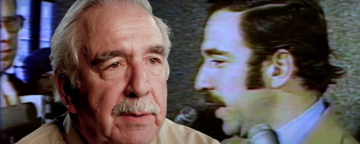
Annenberg Classroom has released a new film about the First Amendment right of the American people “to peaceably assemble,” the latest in its series of award-winning documentaries about the U.S. Constitution.
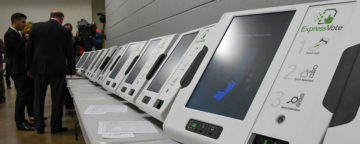
APPC, CERL, and CNAS released "There's Still Time to Protect American Democracy Against Threats to the 2020 Election," the first in a weekly series of commentaries.

In a new report, the Transatlantic High Level Working Group on Content Moderation Online and Freedom of Expression urges adoption of a flexible regulatory framework with greater transparency and accountability to curb online hate speech, violent extremism, and viral deception.
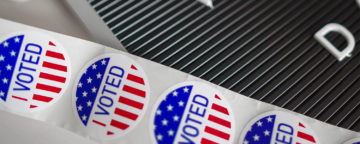
APPC will collaborate with the Center for a New American Security and Penn Law’s Center for Ethics and the Rule of Law on a project to protect the integrity of the 2020 election.
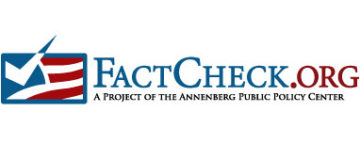
YouTube will highlight fact-checks from FactCheck.org and other sources in an expanded U.S. effort to correct misinformation on Covid-19 and other topics.